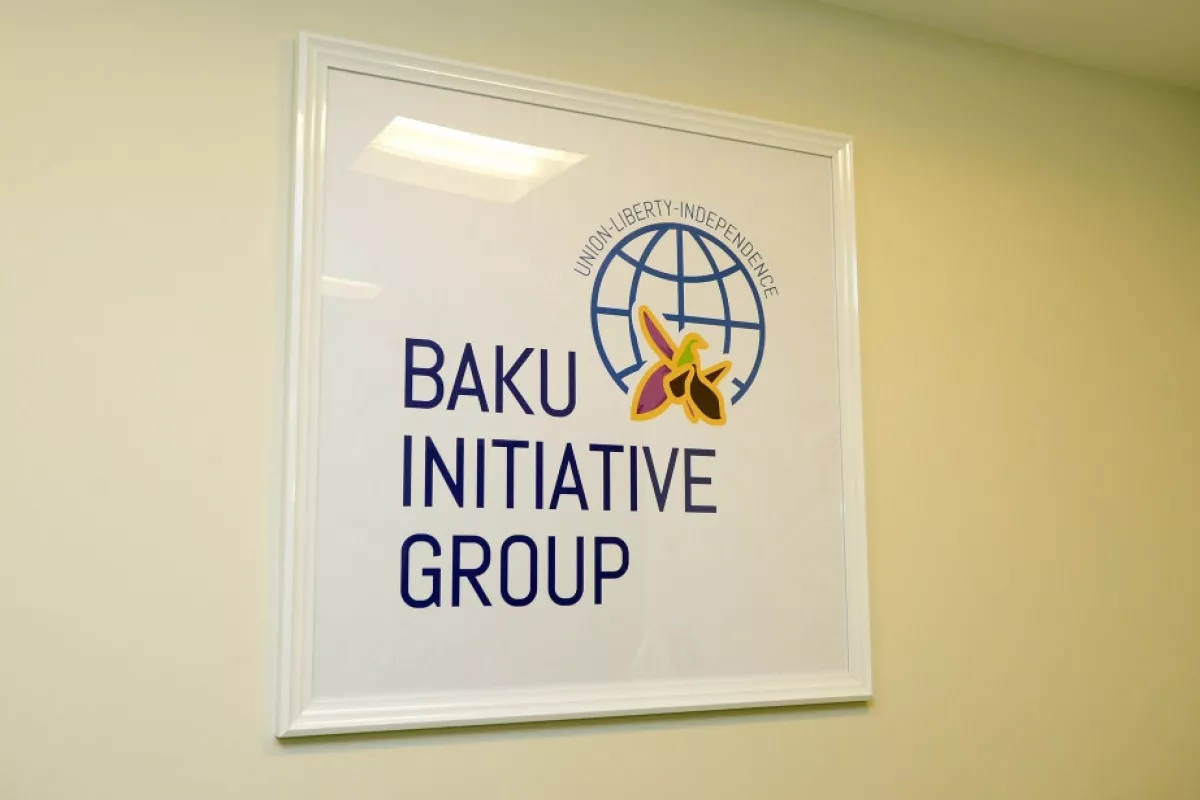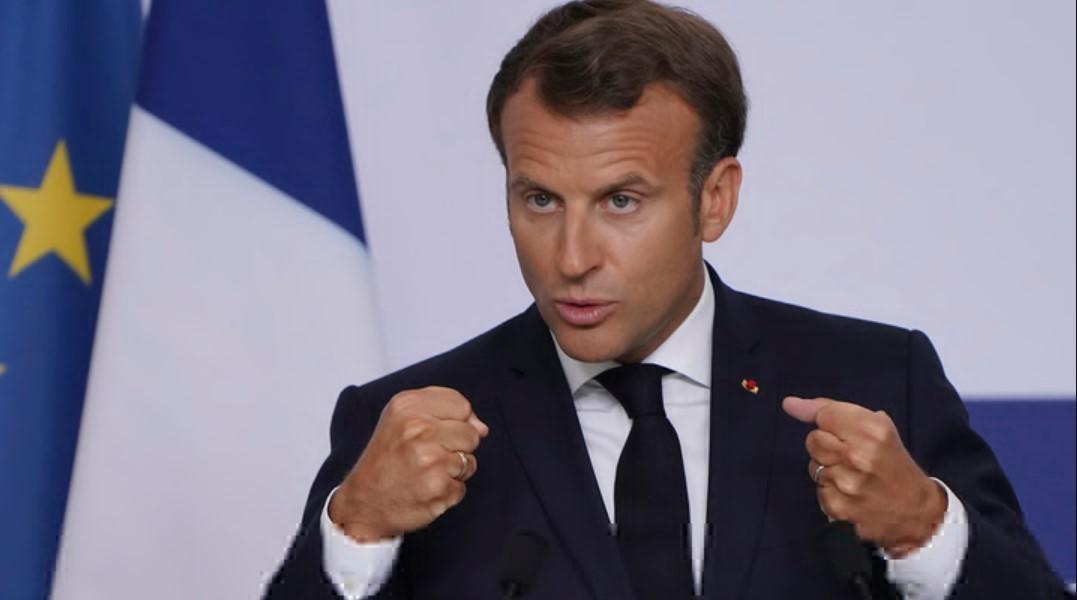France’s neocolonial obsession under Macron’s rule Overseas fever of the Fifth Republic
While remarkable events unfold across the globe, France, or more specifically, Macron’s government, continues to wallow in the mire of its stagnant, directionless ambitions, notably pursuing a reactionary neocolonial policy.
It was recently reported that representatives from Réunion Island, who had traveled to Azerbaijan to participate in the conference "Réunion's Independence: View on France's Colonial Legacy and Path to Sovereignty," organized by the Baku Initiative Group and the Réunion-based Ka Ubuntu organization, were detained by French security forces at Paris Charles de Gaulle Airport.
The representatives were returning to France after their visit. French security forces interrogated them extensively about the reasons for their visit to Azerbaijan, the details of their cooperation with the Baku Initiative Group, and the discussions held in Baku. During this time, the representatives from Réunion were held in a special room at the airport and subjected to psychological harassment.
This is not the first instance of French authorities detaining activists from the anti-colonial movement. It is worth recalling the detention of political activist and journalist Kemi Seba in Paris last October. Seba, a former French citizen, has been an outspoken critic of his country’s colonial policies. Interestingly, just a few days before his detention, Kemi Seba participated in an international conference in Baku dedicated to the policies of French neocolonialism in Africa. This event was also organized by the Baku Initiative Group.

However, it's not only activists who face hostility from the Fifth Republic, but also journalists. In December 2023, Aygün Hasanova, a journalist for Azerbaijan’s state news agency Azertag, was denied entry to the French overseas territory of New Caledonia, despite having a valid visa. Moreover, she was detained for 24 hours at a police station and expelled from the country as an "undesirable person." According to the agency, the journalist was barred from entering New Caledonia specifically because she had arrived from Azerbaijan. In a statement issued by Azertag shortly after the incident, it was emphasized that the journalist was denied entry just ahead of a scheduled rally for the national liberation movement on December 5.
In Paris, officials have repeatedly accused Azerbaijan of interfering in France’s internal affairs. For instance, in the spring of last year, then-Minister of the Interior Gérald Darmanin spoke about Azerbaijan’s alleged attempts to interfere in the situation in New Caledonia, where protests and mass unrest were taking place at that time. The minister also claimed that independence supporters had supposedly struck some sort of "deal" with Azerbaijan. Then, at the beginning of January this year, during a conference with ambassadors, President Macron stated that "France had been subjected to unacceptable interference and attacks by Azerbaijan in its overseas territories, particularly in New Caledonia."

The current authorities in France, having found themselves completely powerless in the face of the objective processes of the fight against colonialism, have no means at their disposal other than repression and the search for external enemies. Meanwhile, the wisest approach would be a comprehensive reassessment of their foreign and colonial policies, an admission of crimes and mistakes, and steps toward addressing the just aspirations of peoples fighting for their rights.
Azerbaijan, in contrast, has been unwavering in its transparent support for this struggle. At the same time, the grievances expressed by a major global power like France against a smaller nation such as Azerbaijan serve as a point of pride, reflecting the authority and respect Azerbaijan has earned on the international stage.








